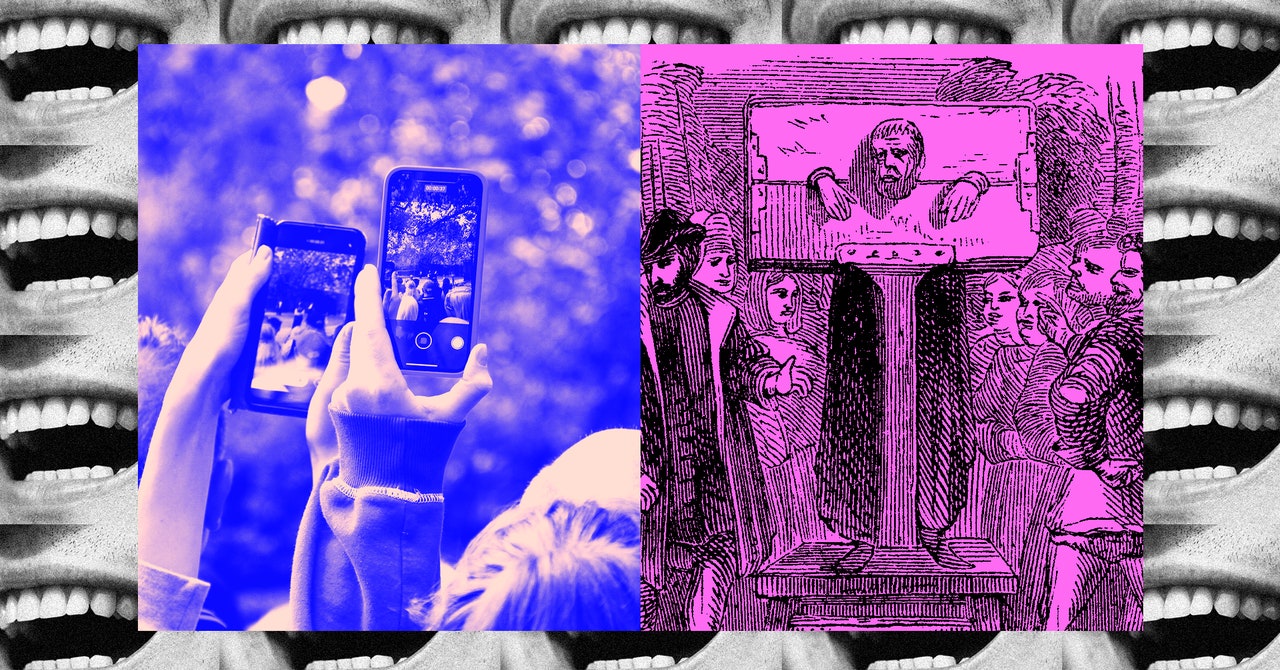Summary
- The article discusses the problem of non-consensual sharing of strangers’ images and videos on social media platforms.
- It highlights how people sometimes exploit strangers for viral content without considering the potential harm caused.
- The author emphasizes the need for consent before posting someone’s image or video and calls for a shift in societal norms regarding online privacy.
- There is a French law that entitles child influencers to demand that platforms scrub all trace of them once they turn 16.
- The article suggests that platforms could implement tools to obtain consent from strangers before posting content featuring them.
- Ultimately, the author argues that treating strangers with respect and obtaining their consent should become the standard in online interactions to foster a more ethical and civil internet culture.



When you’re in public, the expectation is that you’re not private.
It’s been this way for almost a century of photography now.
So much contemporary world history would not exist without photographs being taken without consent.
Theres some ragebait youtuber who goes up to strangers, stands about 4 or 5 feet away and just starts filming them. If they tell him not to he keeps filming, if they walk away he follows them, if they go to a cop he just walks off and if they smack him in the face he presses charges and sues… and he posts their reactions to his filming as his content.
The existing laws on photography in public are like you said, about a century old. They arent written with almost the entire first world having a hd camcorder on them at all times. They predate any form of mass communication short of the newspaper.
Id argue that something has to be done, im not sure what but the laws are out of date, it should not be legal for youtube “pranksters” to not blur peoples faces without getting release forms and then profiting off the content.